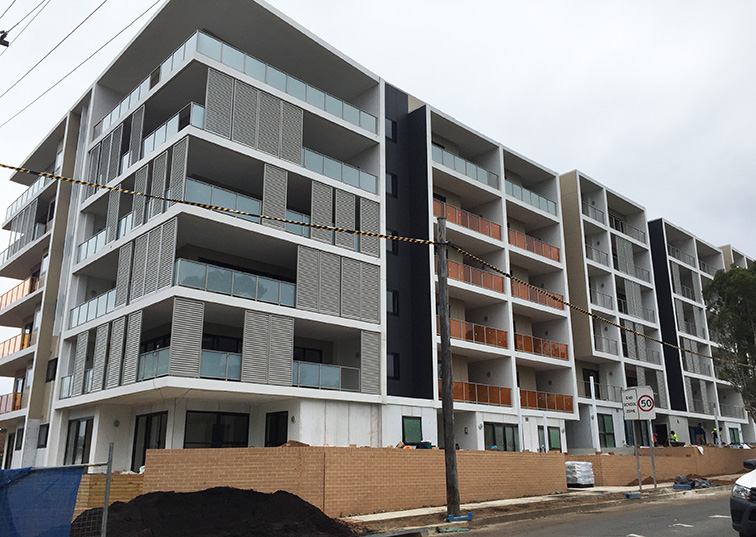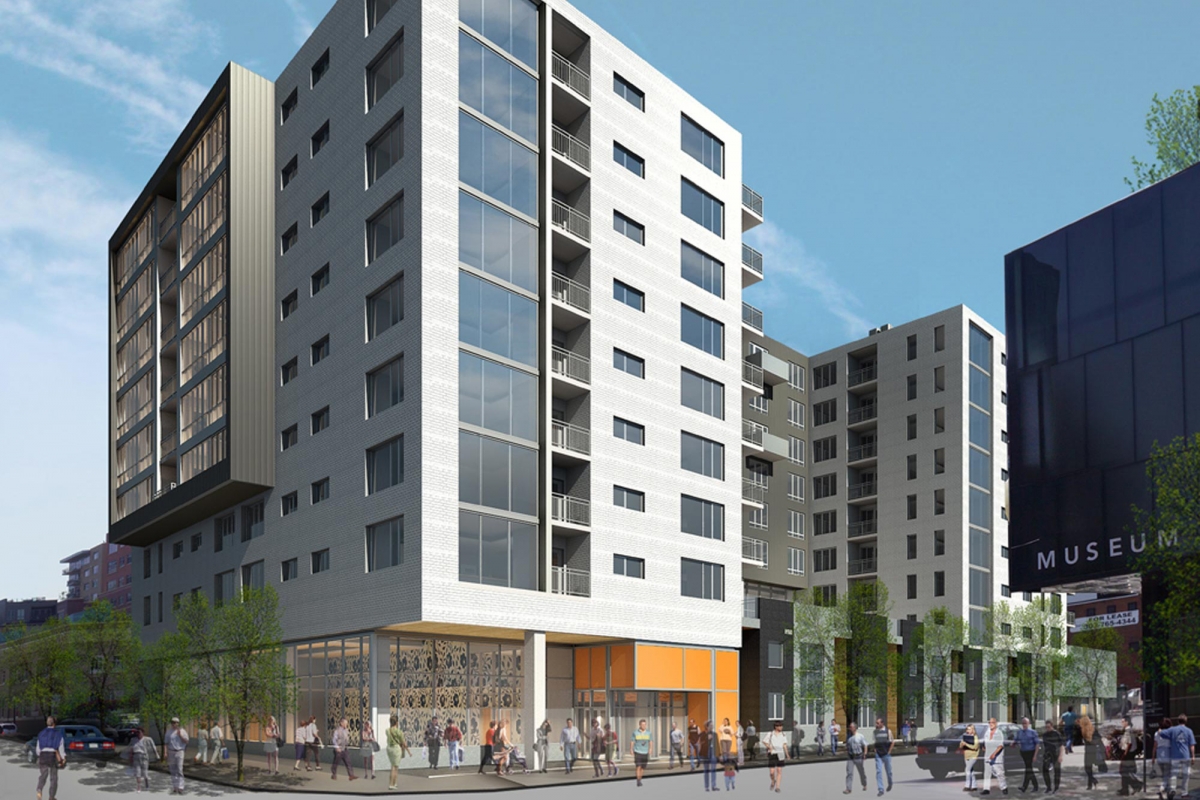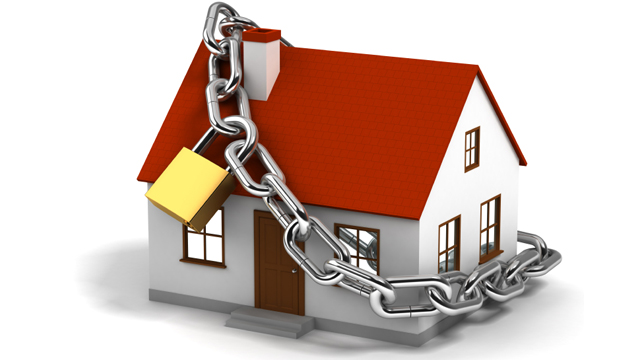House or apartment – it’s a choice that looms large in the minds of many first-time buyers into the real estate market.
Undoubtedly there are cost advantages of buying an apartment over a house. And apartments tend to be located close to major centres with easy access to public transport, shops and facilities. Houses are more expensive than units in the same area, and therefore you often have to compromise on location to get a house for a similar budget to an apartment. However, longer term capital growth is usually higher on houses than apartments.
Aside from this, here are some of the pros and cons of apartment living:
PRO – With no lawns, no fences to repair, and no gutters to clean, apartments offer the ideal living arrangements for anyone who has a hectic business life and/or enjoys a full social life. Even in the event of an internal maintenance issue, you can often call upon the strata appointed handyman to fix the problem.
CON – For those who love renovating, apartment living will hamper your creativity when it comes to exterior design. And gardeners, who enjoy growing some of their own food, may need to be satisfied with herbs and cherry tomatoes on the balcony.
PRO – With most employment focused in the CBD in close proximity to apartments, they offer unparalleled convenience for city workers, not only
to work, but also to so many other city-based amenities, such as restaurants, clubs and entertainment. Centrally based apartments are also easier to rent out for future investment.
CON – There’s no escape from noisy neighbours. Despite vast improvement in sound insulation technology, sound seepage through walls, ceilings or floors can be an ongoing irritant.
PRO – If you do choose to renovate an apartment internally – whether to increase the value of the property or for your own taste and enjoyment – you can typically achieve much more on a smaller budget than renovating a house.
CON – For young couples that purchase an apartment early in their relationship, apartments present no opportunity to extend for a growing family.
Apartment owners also need to consider the complex’s community. As an owner, you inherit the right to participate in the collective of owners often referred to as the “owner’s corporation” or “body corporate”. In this community of fellow owners, usually in consultation with an external Strata Manager, you take on the responsibility of managing the overall property (mainly external and grounds).
Whether you see this as a “pro” or a “con” is a matter of perspective. Many people who own houses, love the freedom of making individual decisions regarding their property. Many apartment owners enjoy being part of a community of owners, sharing the responsibilities and costs. It’s all about preference and perspective.
At Harcourts we have many homes and apartments, both new and old for sale. See our website for available properties, or talk to one of our Sales Consultants on 4628 7444, and let them know what you are looking for.
















